By Sue Louise & Katie Foote. This guide to ethical wildlife vacations contains affiliate links to trusted partners!
Do you want to connect with the world’s wildlife, but don’t know how to do it ethically?
Swimming with whale sharks in the Philippines, riding elephants, or posing for pictures with tigers in Thailand may sound amazing — until you see or learn about the harsh conditions for animals you may unintentionally support.
Fortunately, it’s possible to interact with local wildlife in a way that protects, conserves, and enhances their existence, as long as you know where to go.
Epicure & Culture has rounded up some of the best ethical vacations for animal lovers around the world.
All of these wildlife vacations will educate you about relevant issues and promote animal and environmental conservation — not to mention many of them allow you to volunteer with the animals.

1. Help Injured Kangaroos In Australia
The Kangaroo Sanctuary in Alice Springs was established in 2011 by Chris “Brolga” Barns, a former tour guide in the outback of Australia.
Sadly, many kangaroos are hit by cars and killed each year. Sometimes, mother kangaroos will have a joey (baby) in the pouch who might survive the crash. The mission of the Kangaroo Sanctuary is to rescue these joeys and eventually return them to the wild.
Those who couldn’t survive in the wild are released into their 188 acre sanctuary, which has high fences to protect these kangaroos from predators like dingoes. Today around 15 adult kangaroos are living in the sanctuary.
You can do a guided tour through the sanctuary at sunset on a Wednesday, Thursday, or Friday evening. Bus transfers from your accommodation in Alice Springs are included in the AUD$105 ticket price.
The tour lasts for 2.5 to 3 hours, and begins in the late afternoon as that is when the kangaroos are waking up. During the tour, you can interact with the kangaroos and even cuddle a joey.
Education is a big part of the tour and you’ll learn about stopping to check the pouch if you see a dead kangaroo on the road. Many visitors say this is one of their favorite things to do in Central Australia.
➡️ Click here for more information.
2. Visit An Orangutan Sanctuary In Borneo
Orangutans are a very close relative to humans, sharing 97% of DNA. These large primates spend most of their lives in the trees of Borneo and Sumatra.
Due to illegal hunting and mass deforestation (for the production of palm oil), orangutans are a critically endangered species, with some experts believing they will go extinct in the wild within 50 years.
One of the best-known orangutan sanctuaries is the Sepilok Orangutan Rehabilitation Centre, which opened in 1964.
The sanctuary was established for orphaned or injured orangutans where they can learn how to live in the wild and eventually be returned to the forest.
At the centre, you can see the orangutans in the large, un-walled forest, especially during the daily feeding times (10am and 3pm). You can also watch the younger orangutans in the nursery from behind the safety glass.
➡️ Click here for more information.
3. Help Veterinarians & Learn About Desert Lions In Namibia
Stand on the front lines of conservation with this unique opportunity to participate in veterinary checks of desert cats, with a portion of your trip directly benefiting appropriate efforts.
Wilderness Travel provides an intimate experience for six travelers at a time to work with an international team of veterinaries and local experts.
Visit the renowned Desert Rhino Camp to understand how local research efforts help to ensure the survival of the black rhino and combat rhino poaching.
You will learn about the work of Dr. Flip Stander, an expert on the elusive desert lion, who spent many years isolated in the desert to accumulate this knowledge.
June travelers can assist veterinarians in an annual medical check, including the weighing, measuring, and vaccinating of leopards, cheetahs, and lions.
➡️ Click here for more information.
4. Experience A Cambodia Conservation Tour
Wild Frontiers (formerly Journeys Within) wants to help you get to know Cambodia’s most beautiful sights while actively promoting the conservation of the species and places that make it special.
Since some travelers want to see animals, they’ve partnered with organizations dedicated to conservation and humane treatment of animals so their customers can do this in an ethical manner.
On the Wild Cambodia Tour, visit highlights of the country with wildlife visits interspersed throughout the itinerary.
For example, in Phnom Penh you’ll explore national monuments and war memorials as well as the world’s biggest Sun Bear sanctuary.
Leaving the big city, visit the Elephant Valley Project and hear stories of their nine beautiful residents who are able to roam in a natural habitat, free from poachers.
Next, you’ll get to know the forest environment with an exciting zip line tour before heading to the Mekong River and meeting the critically endangered Irrawaddy dolphins in their natural habitat. These are just a few experience examples.
➡️ Click here for more information.
5. Spot Jaguars In The Pantanal Of Brazil
Demands from tourists eager to see jaguars in the wild at a low cost has pressured Brazilian operators to stoop to unsustainable practices, including baiting, radio collaring, and allowing multiple boat viewings at once in Puerto Joffre.
This acclimates jaguars to human presence so they begin exhibit behaviors as if they were in a zoo instead of in the wild.
As a sustainable alternative, Wild Planet Adventures takes you to the Taiama Reserve, which is not easily accessed by budget do-it-yourself travelers.
Tourists and the public cannot enter this federally protected Ecological Station itself, but you can circumnavigate the island reserve in search of the elusive jaguar who often hunt caiman by the river.
Wild Planet Adventures utilizes biologist guides with strict sustainable protocols, averaging about 1.5 jaguar sightings a day in this area.
This high volume of quality sightings proves that jaguar tourism can exist sustainably thanks to protocols such as banning the use of radios, using highly trained biologist guides with strict viewing protocols, and limiting boats to one at a time.
Furthermore, instead of jaguars habituated to human presence, these jaguars around Taiama are alert and active and exhibit authentic behaviors consistent with wild animals in their natural habitat.
The rest of this action-packed itinerary includes other sustainable animal interactions like tracking anacondas, horseback riding through a private animal reserve, going on bird walks through woodlands and hiking through the rainforest looking for primates.
➡️ Click here for more information.
6. Running For Rhinos In Kenya
If you don’t mind getting sweaty to save the rhinos, consider an unforgettable safari marathon at the Lewa Wildlife Conservancy in Kenya.
Every year in June, the Tusk Foundation — with Prince William as its royal patron — hosts a world-renowned race where you can run alongside the animals you hope to save.
After the marathon, runners can add to their safari experience by booking a gorilla trek with Aardvark Safaris, the event’s travel partner.
Not only do the funds from your race protect animals, but you can visit baby rhinos, partake in safari drives, and enjoy eco-friendly luxury accommodations.
➡️ Click here for more information.
7. Protect Grizzlies Through A Bear Rainforest Ship Safari In Canada
Have you dreamed of encountering grizzlies in the wild? Maple Leaf Adventures provides an opportunity to glimpse the rare white spirit bear from the safety of a classical wooden schooner or tugboat, with the proceeds of your trip benefiting conservation efforts.
This boutique expedition cruise takes you through the Great Bear Rainforest in British Columbia, Canada, where bears, whales, and wolves roam free through a vast expanse of fjords, islands, and rainforests.
Local crew and wildlife guides lead frequent short trips that include guided viewings in bear havens, rainforest walks, remote beach exploration, and visits to whale research stations and local villages.
Groups are capped at 12 people, with everyone sleeping and dining aboard historic coastal ships, with meals that often incorporate fresh-caught ingredients.
Maple Leaf Adventures has been involved in the conservation of the Great Bear Rainforest since the mid 1990s, fighting hard to end the trophy hunting of grizzly bears.
They also donate at least 1% of overall revenues to coastal conservation each year, and this trip includes donations to conservation research on whales and grizzly bears.
➡️ Click here for more information.
8. Safari Adventure To End Elephant Poaching In Kenya
If you’ve dreamed of game drives, scenic bush walks, bush meals, and cultural visits to Maasai villages but want to make sure your visit promotes animal conservation, consider staying at Richard’s Camp in the heart of Kenya’s Masai Mara National Park.
This luxury camp has 70 acres of private land situated on the banks of the Njageteck River and regularly wins awards for its private and exclusive experiences.
The resort also has started the Mara Elephant Project (MEP), which tracks the movements of the elephants while employing a Rapid Response Unit to quickly respond to conflict situations and poaching alerts.
MEP also educates the local community by teaching human-elephant conflict resolution methods and providing anti-poaching education so locals can live alongside the elephants.
Whether you participate in the yoga retreat or just visit Richard’s Forest or River Camp, you can book an MEP excursion.
This will include a presentation by local experts about MEP activities and operations and a discussion of the Mara community issues that affect the elephant. You can meet the team of rangers, view the tracked (collared) elephants on Google Earth, and potentially tour of the MEP headquarters.
➡️ Click here for more information.
9. Volunteer At Elephant Nature Park In Thailand
Many tourists go to Thailand wanting to interact with elephants; but unfortunately, they have no idea how abused the animals are.
Many of the elephants that give elephant rides, paint, or perform acts are poached out of the wild or bred in captivity and are subjected to abuse to appease humans.
Fortunately, there’s one place where you can interact with elephants in an ethical way: the Elephant Nature Park (ENP) rescue and rehabilitation center near Chiang Mai.
ENP rescues elephants from horrendous and abusive situations and gives them a place to live freely, have babies, and form their own families.
This is one of numerous ethical Chiang Mai experiences. You can visit for the day or stay longer.
Volunteer positions fill up months in advance, but if you’re lucky enough to snag one you can stay in a bamboo hut and work with the center.
On any given day, you can help with bathing and feeding elephants, bagging elephant dung for a nearby organic farm, and sharing the park’s mission with day visitors.
Any money earned by the park goes right back to the elephants and those kept by locals who cannot afford proper medical care.
➡️ Click here for more information.
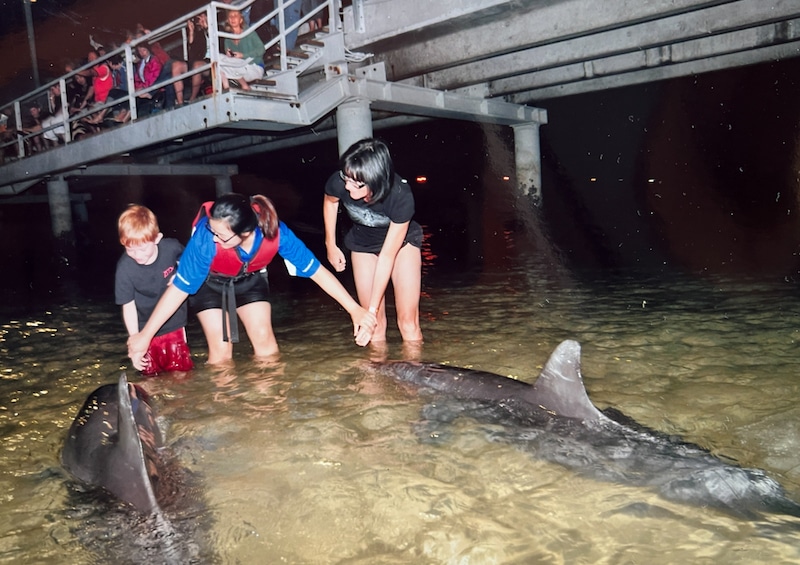
10. Have A Wild Dolphin Experience In Australia
Just off the coast from Brisbane lies Moreton Island, home to Tangalooma Island Resort. The resort is famous for its pod of wild dolphins which arrive just after sunset.
Guests of the resort may participate in the dolphin feeding experience. Wild dolphins have been visiting the Tangalooma Jetty since the 1980s when they would feed on guests’ bait and reject fish.
Throughout the 1990s the resort owners began to feed the dolphins and developed strict protocols in conjunction with the Marine Park Authority.
The dolphins are only fed 10 – 20 percent of their daily food needs, and touching the dolphins is forbidden. These protocols are in place to prioritize the health and well-being of the dolphins so they won’t be dependent on humans feeding them.
You’ll also find the Eco Centre right by the jetty, which details the history of the dolphin feeding program, along with more information about the two families of dolphins who regularly visit Tangalooma.
➡️ Click here for more information.
Bonus Ethical Wildlife Tourism Resources
How To Have A Responsible Elephant Encounter In Thailand
How To Enjoy Wildlife While Traveling (Without Harming Them)
Greenwashing: What It Is & How To Avoid It
The Incredible Story Of Kenya’s Rhino Guardians
Can Tiger Tourism Be Responsible?
Pin for later
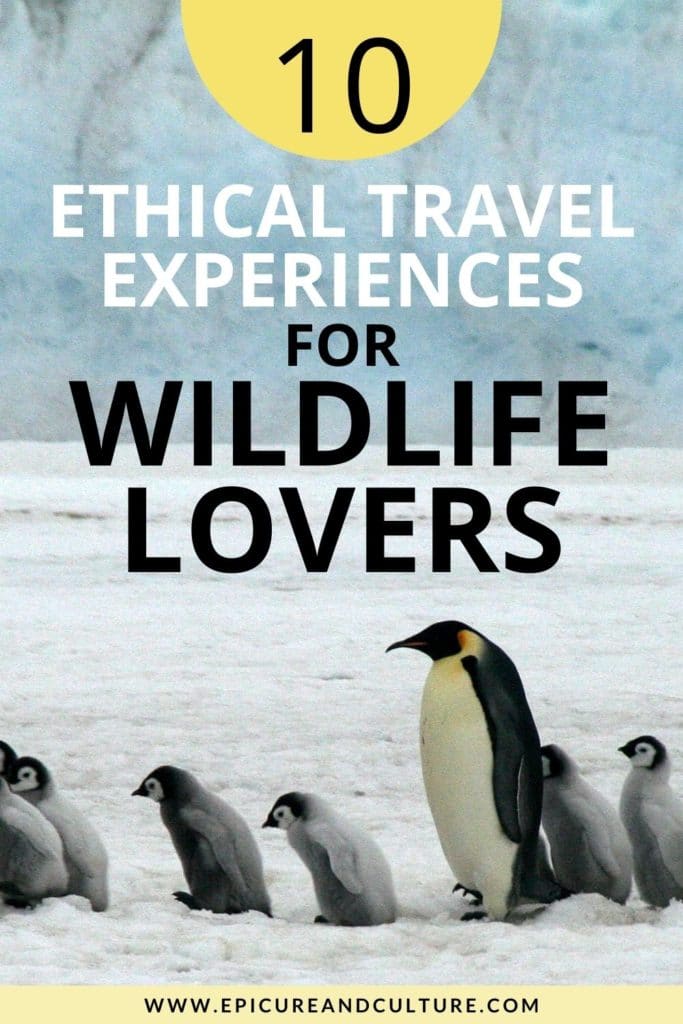
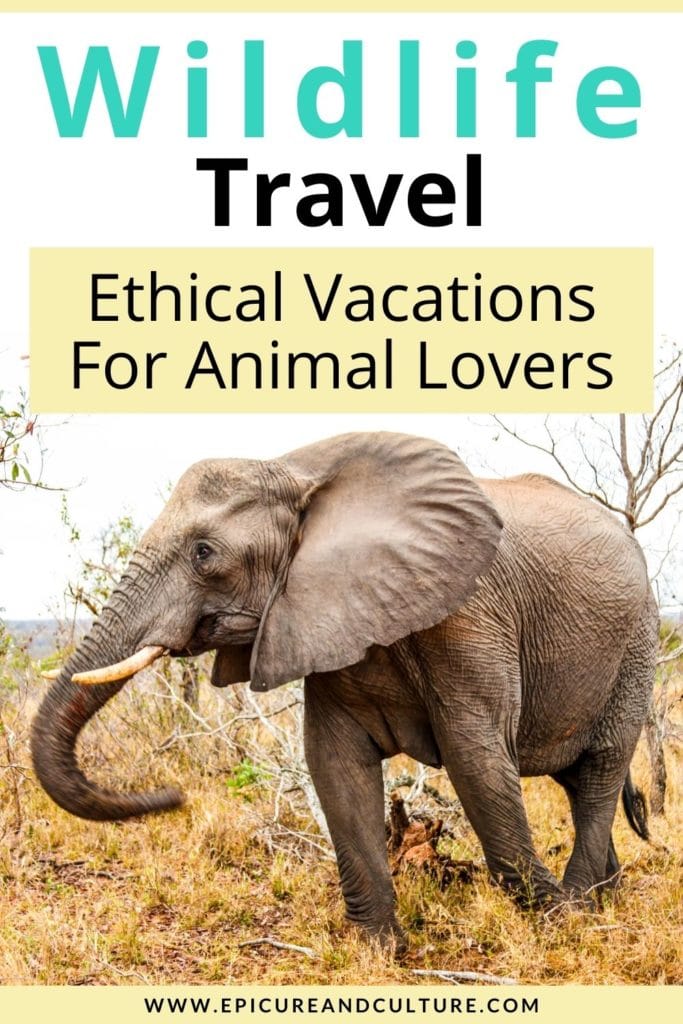
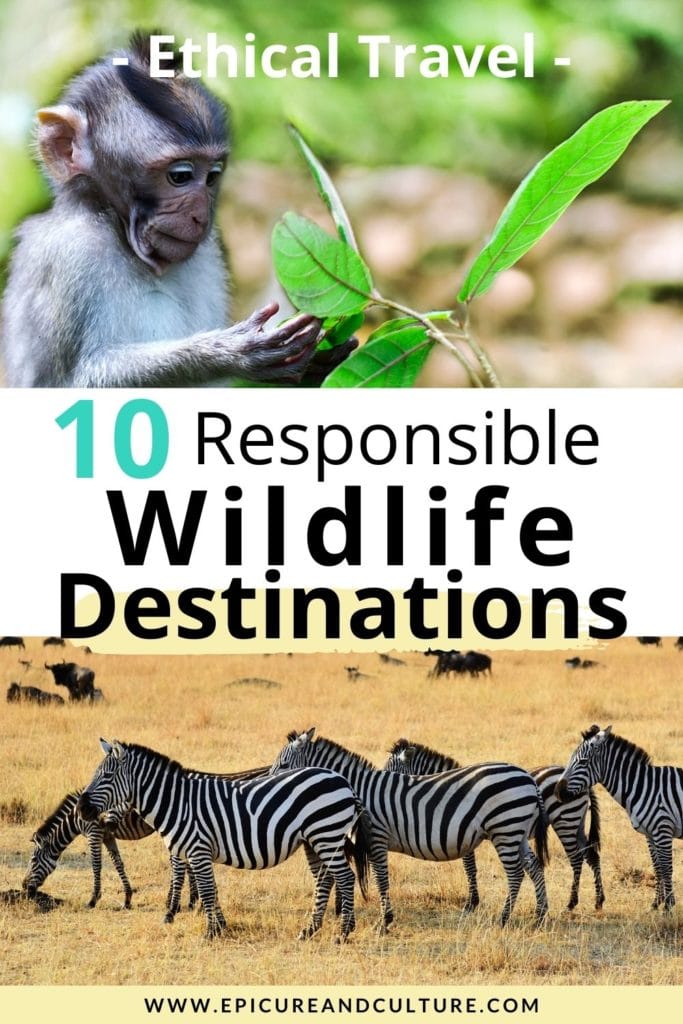

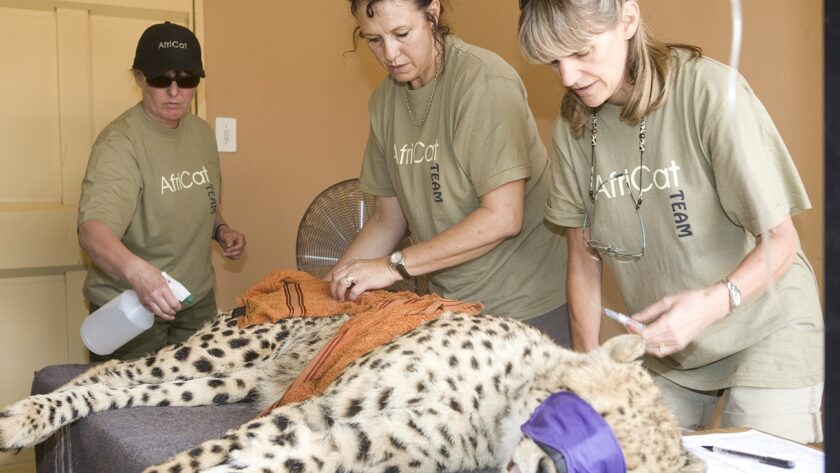
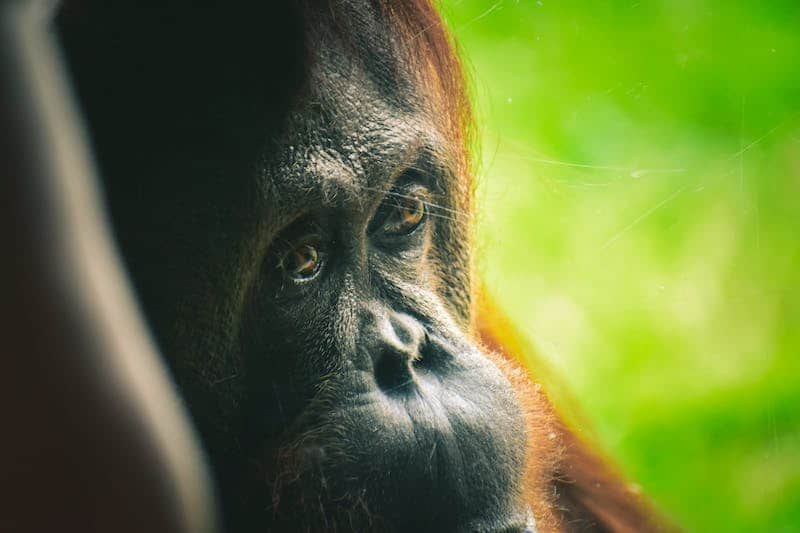
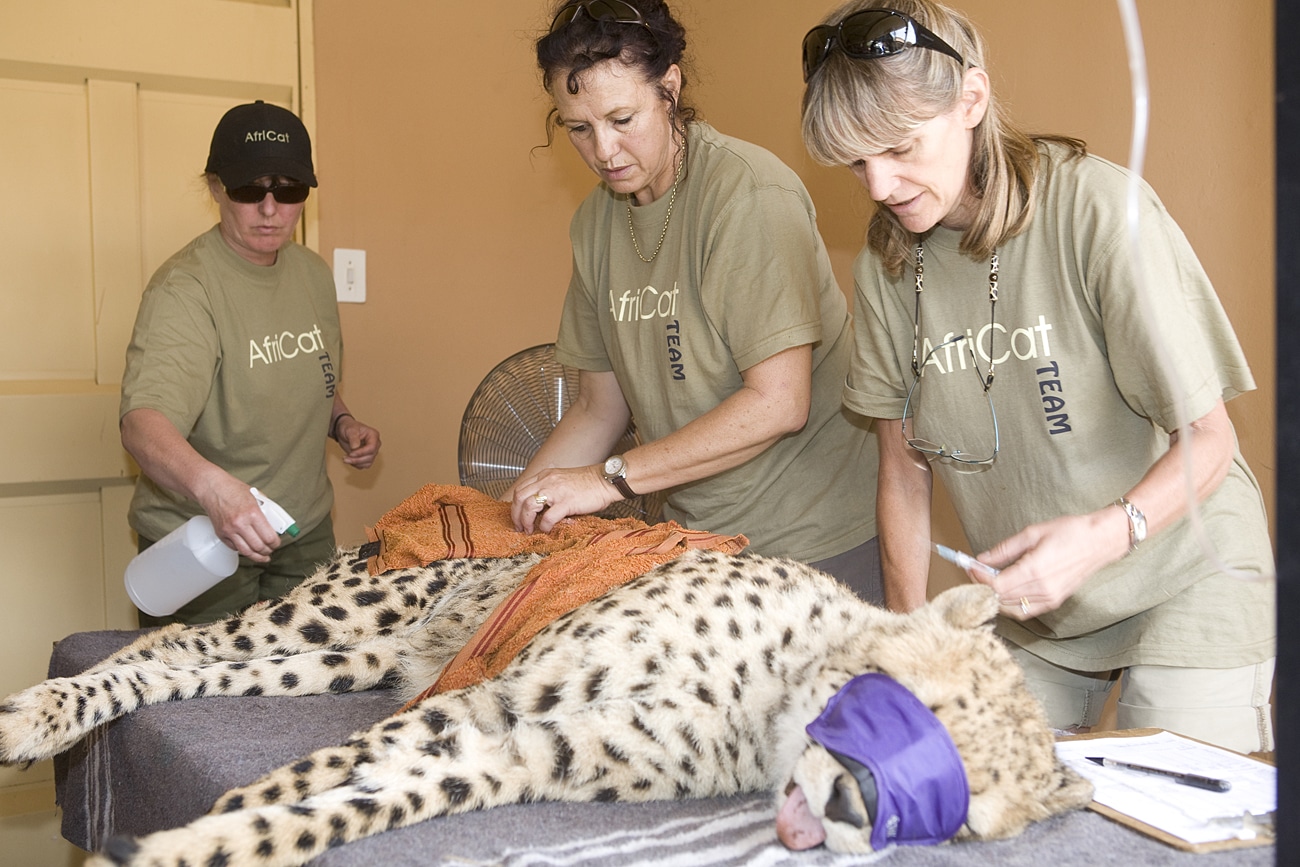
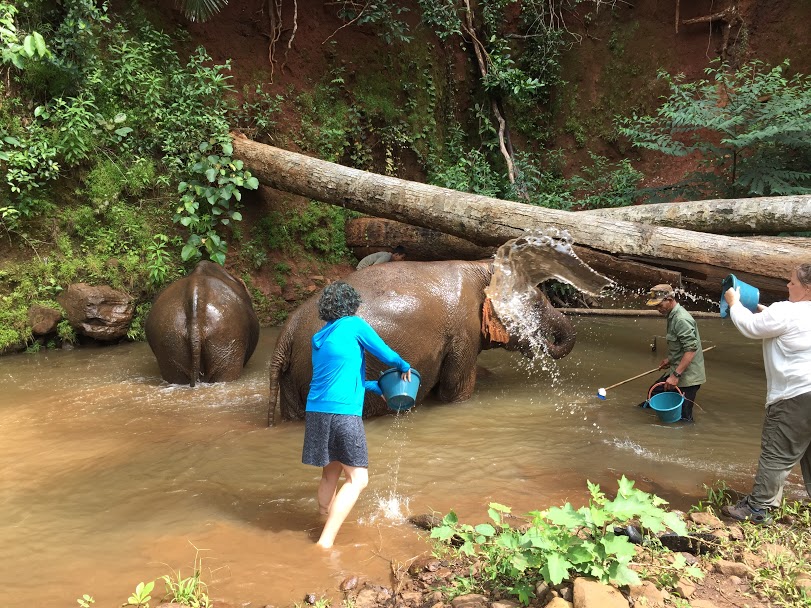
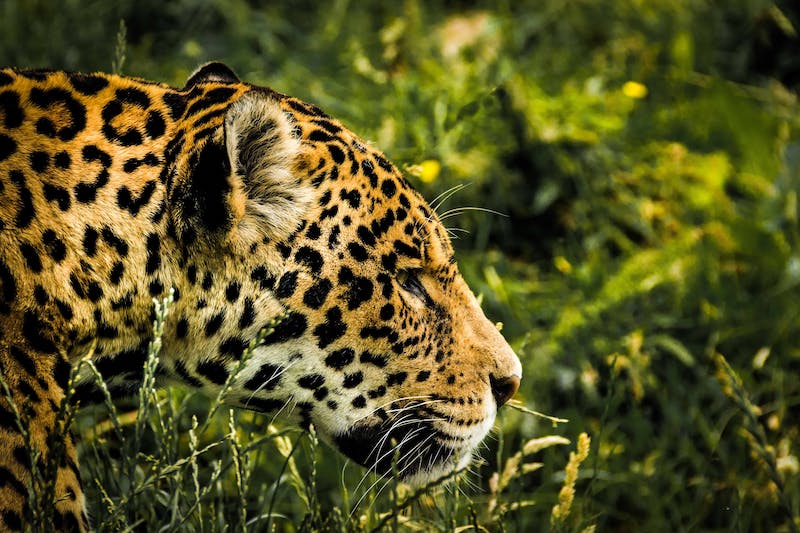
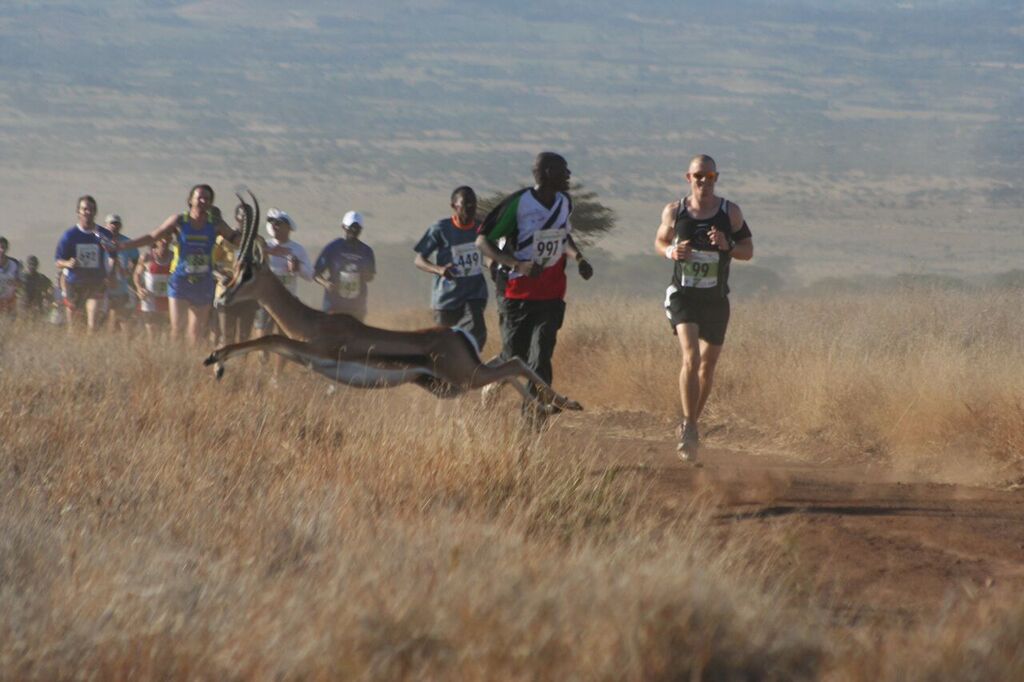
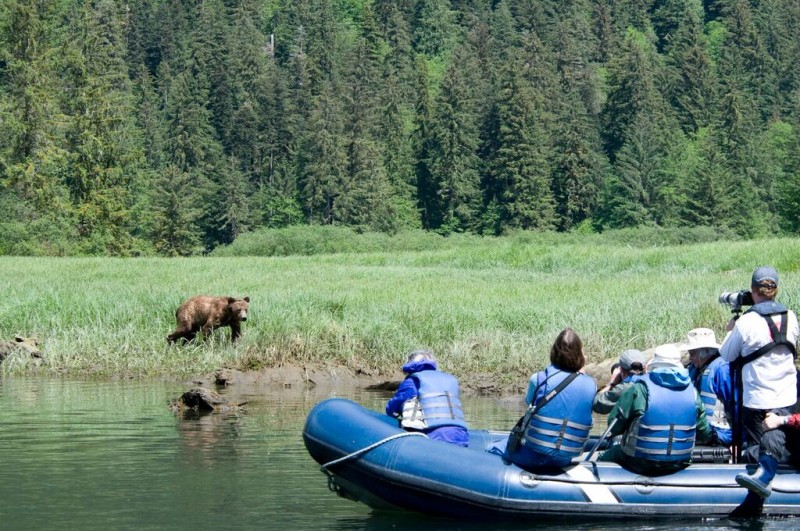
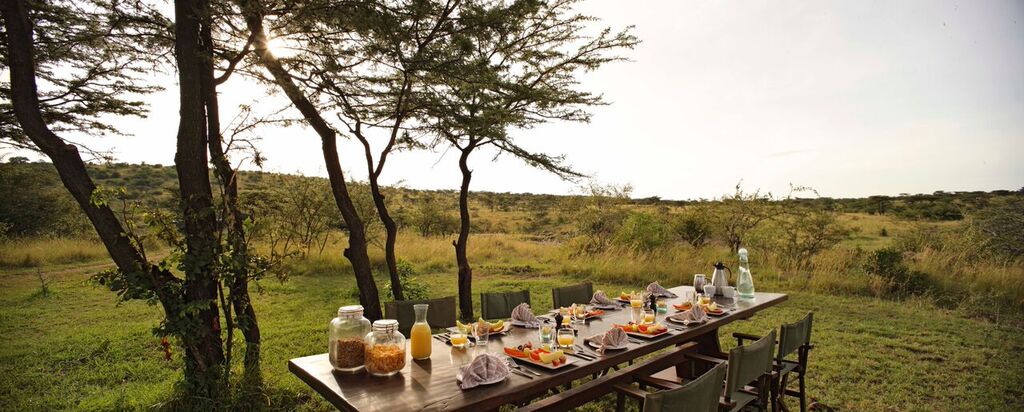
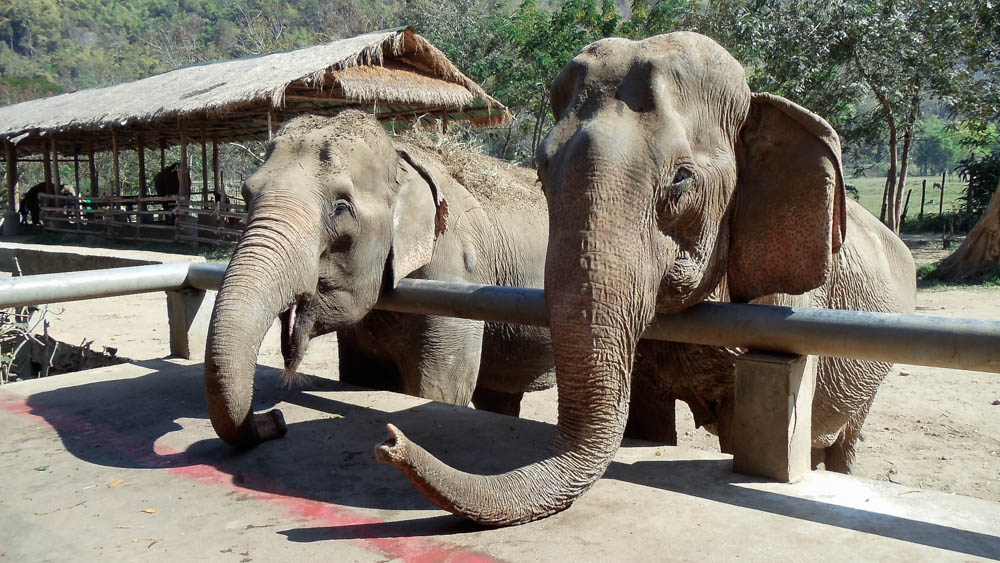


You don’t have a link to click on for number 3) Volunteer At An Animal Refuge In Yungas, Bolivia. Could you email me the correct link? I’m currently building my website VeganAcademy.us and would like to have the link for my site. I’m also having several links to your website as well.
Thank you.
@Patrick: Here you go! http://www.sendaverde.org/en/contact/
I appreciate you giving this important information.
This type of vacation must be promoted with vigour all over the world since it not only gives a chance to enjoy wildlife encounter but also connect with nature and follow ethical practices. I am ready to volunteer for such a noble cause and contribute to the preservation of wildlife as it is important to maintain the balance of the ecosystem. Appreciate your efforts in publishing this ethical wildlife vacation for animal lovers.